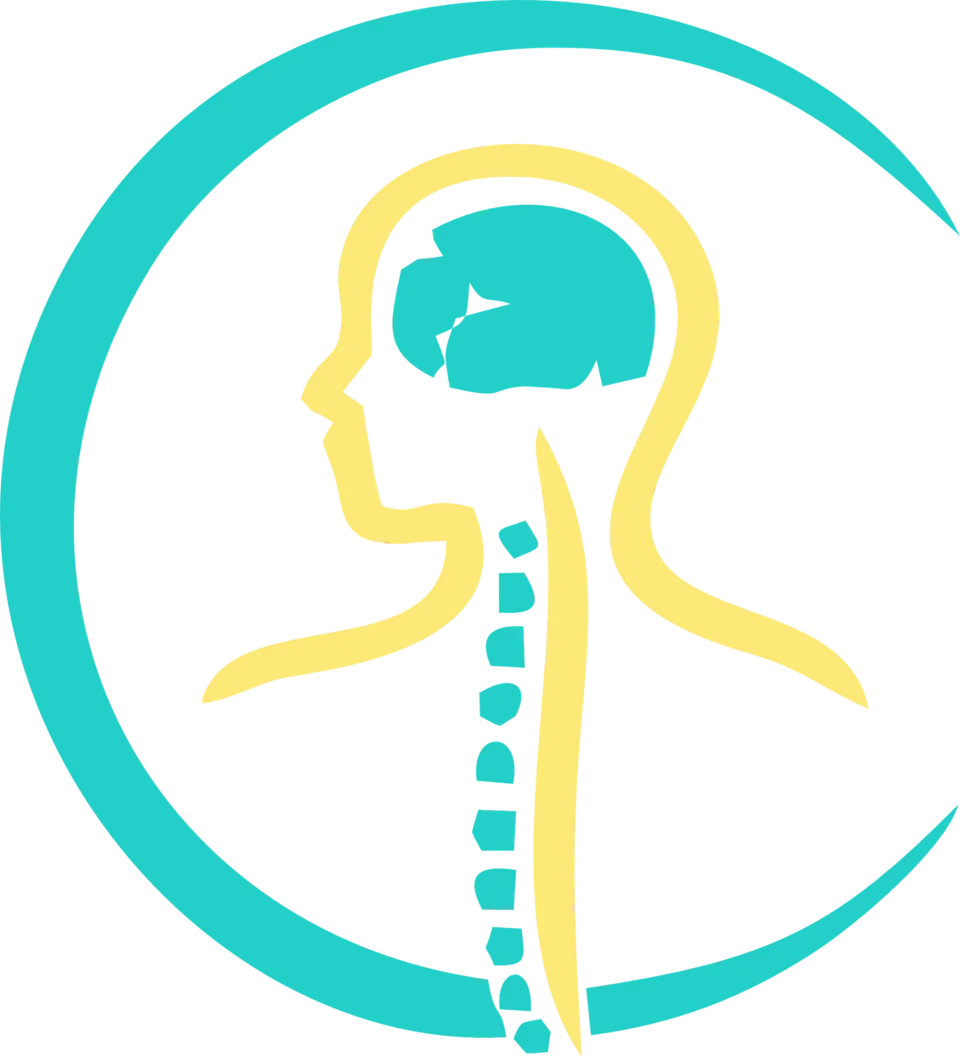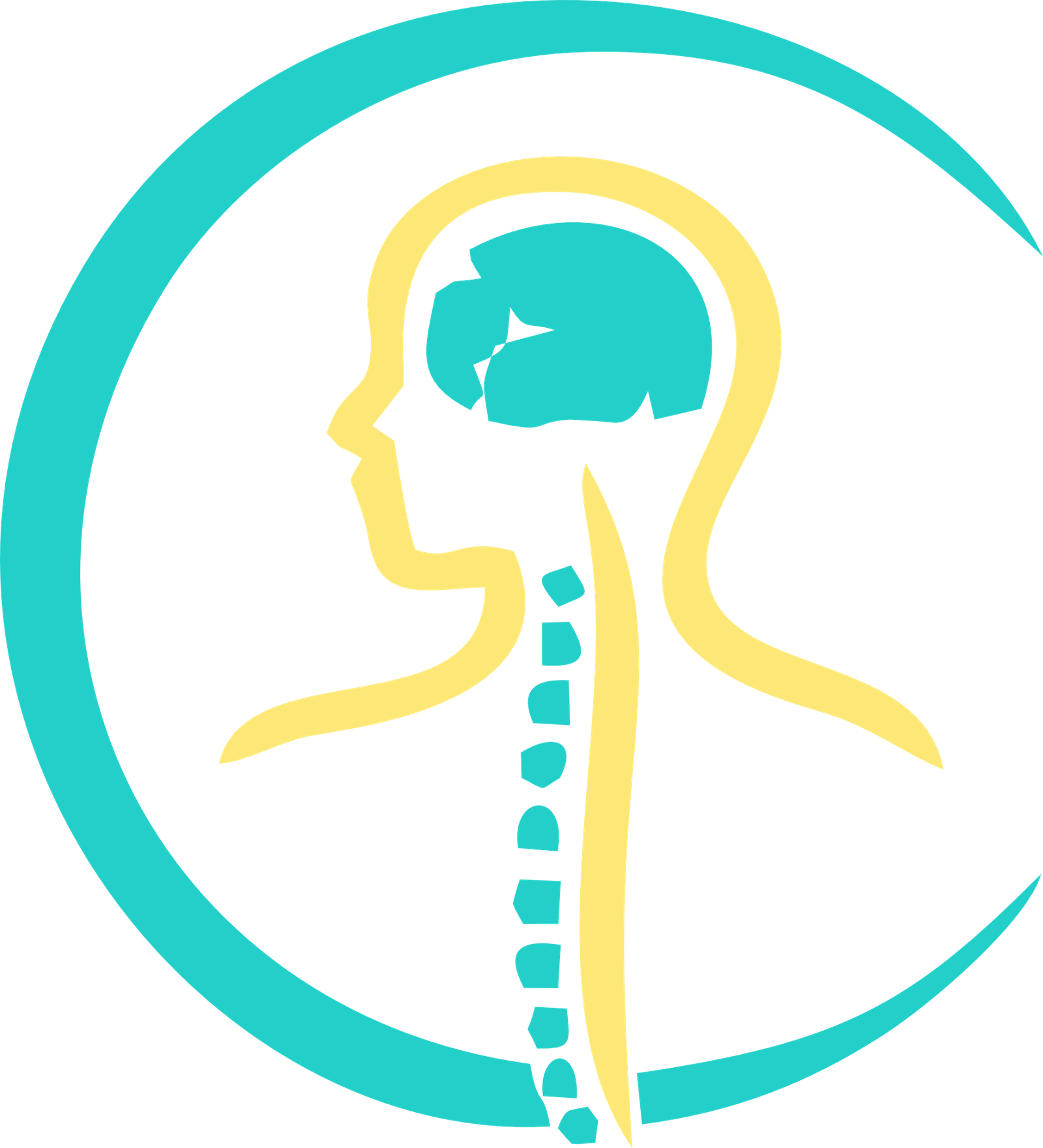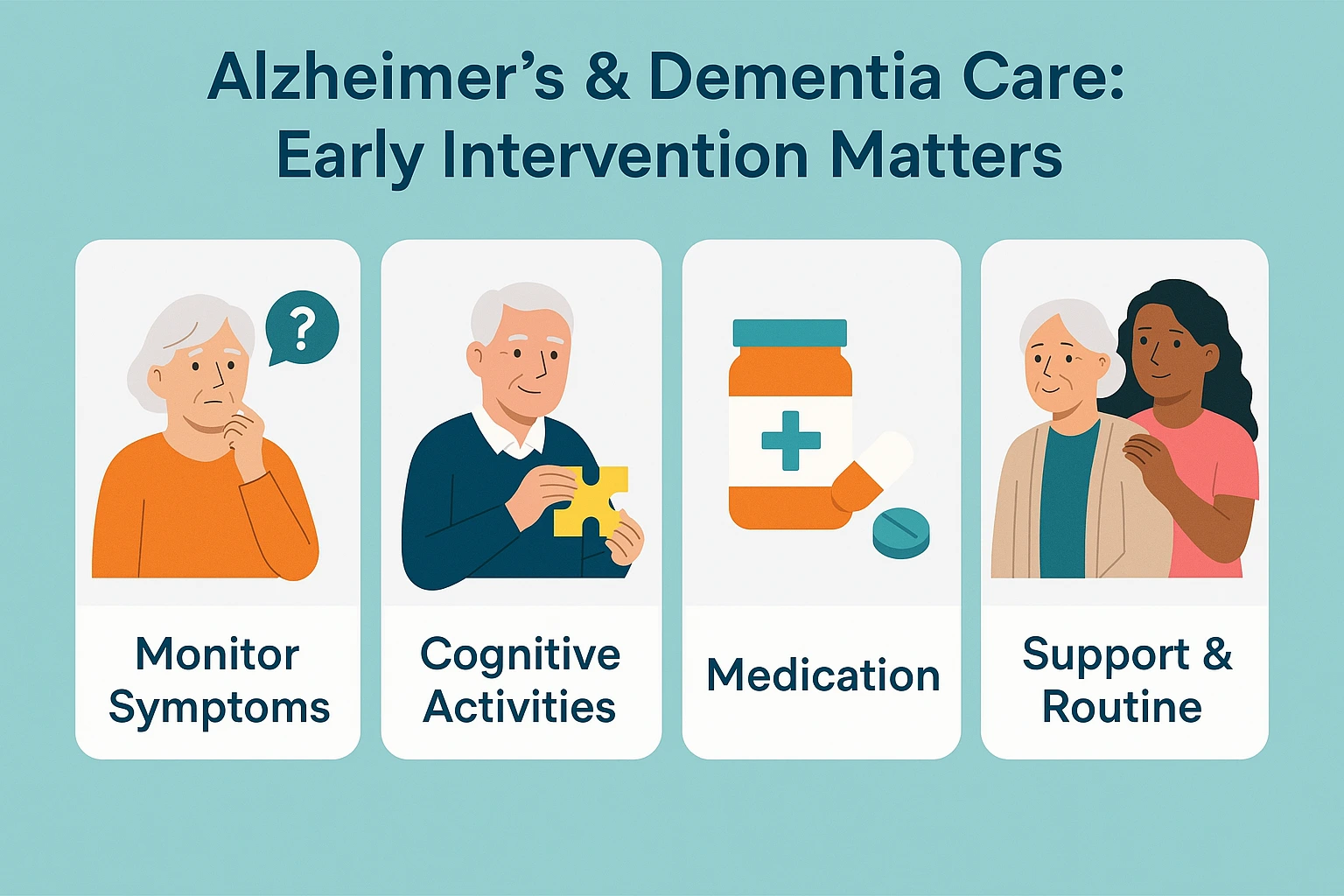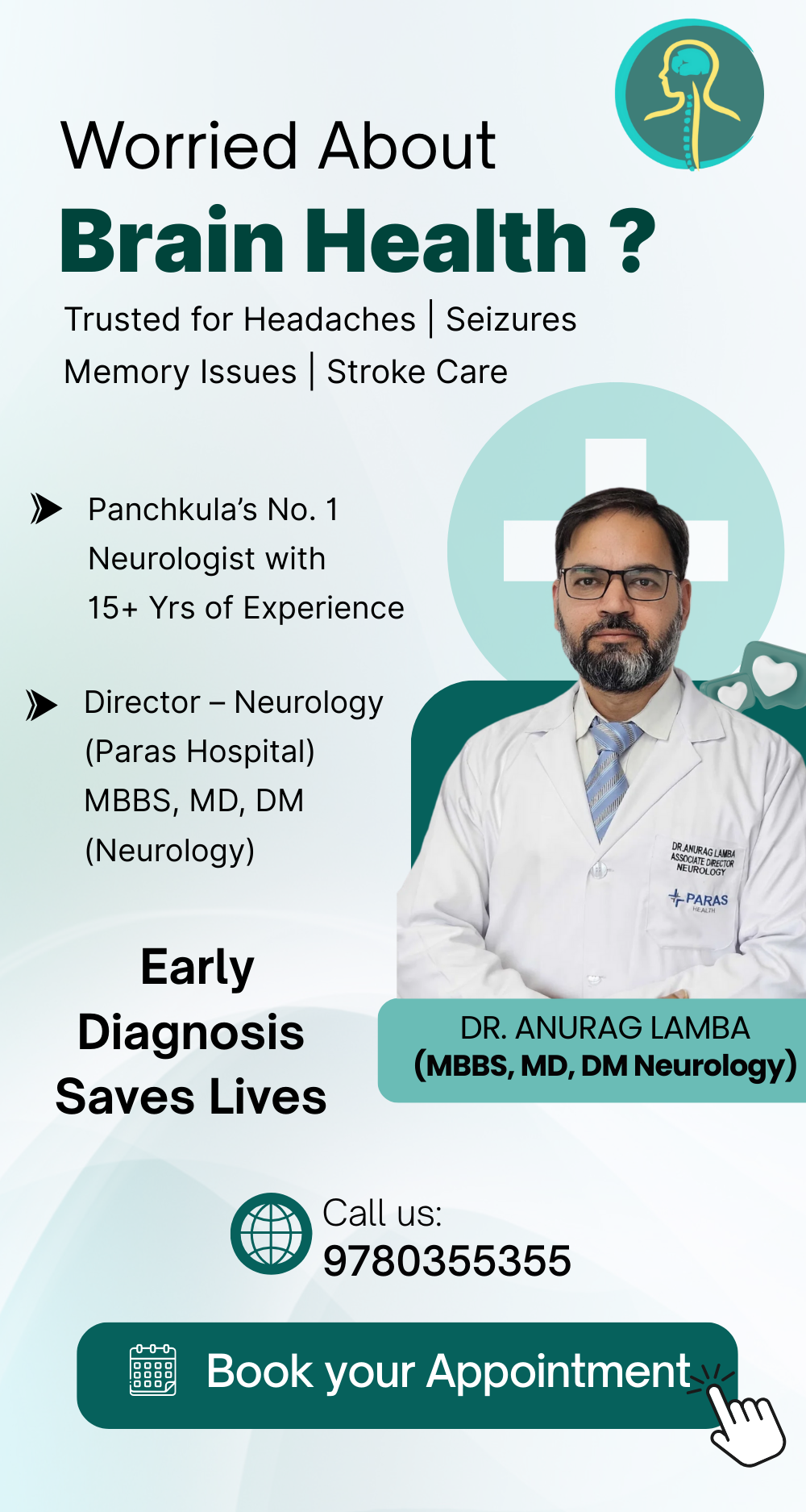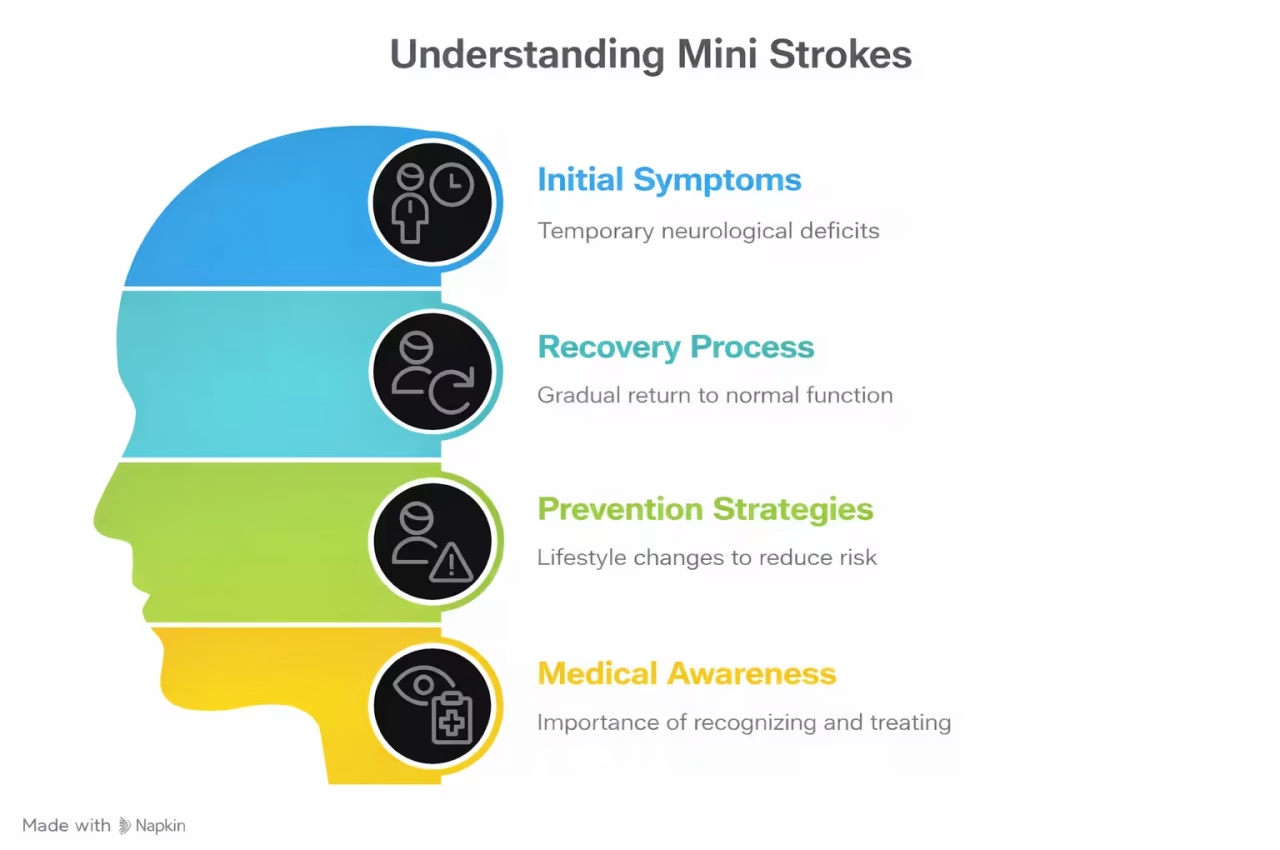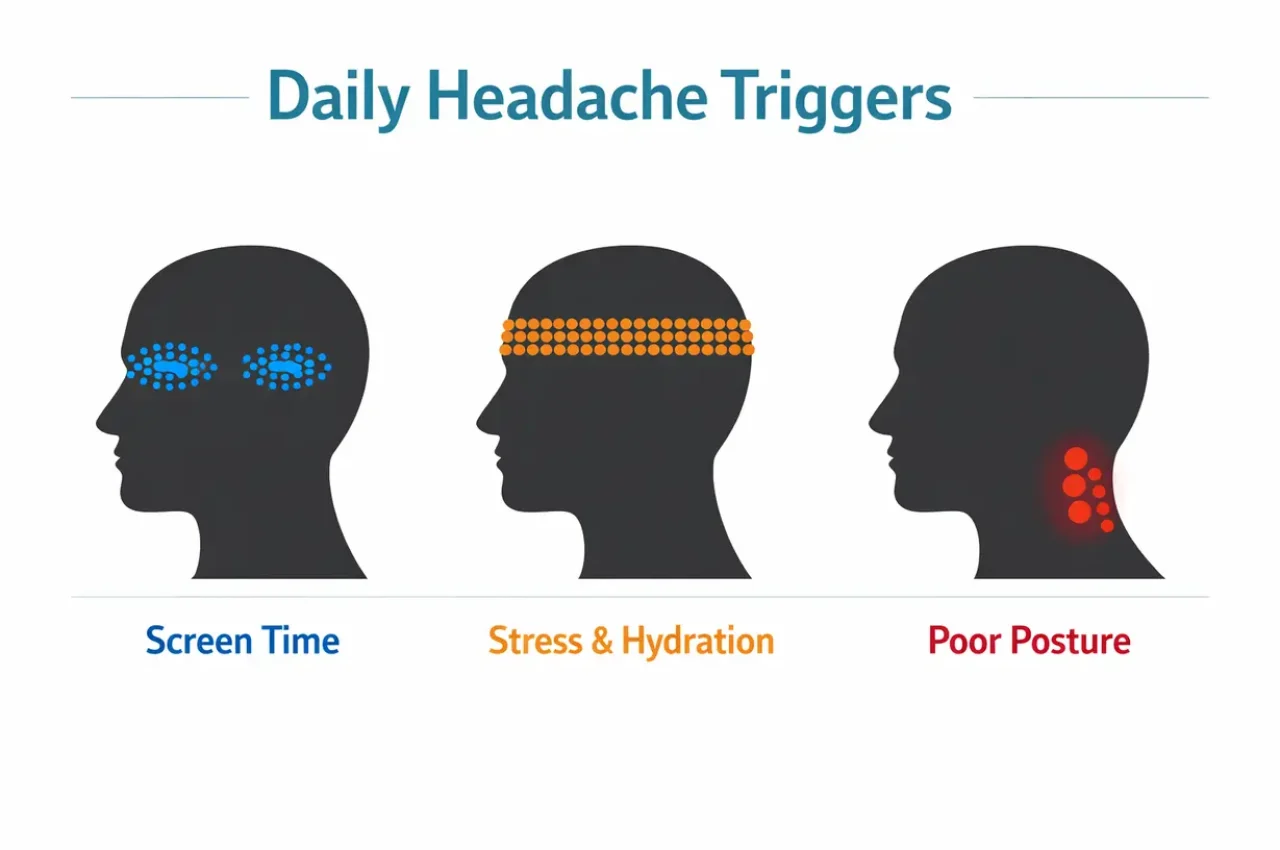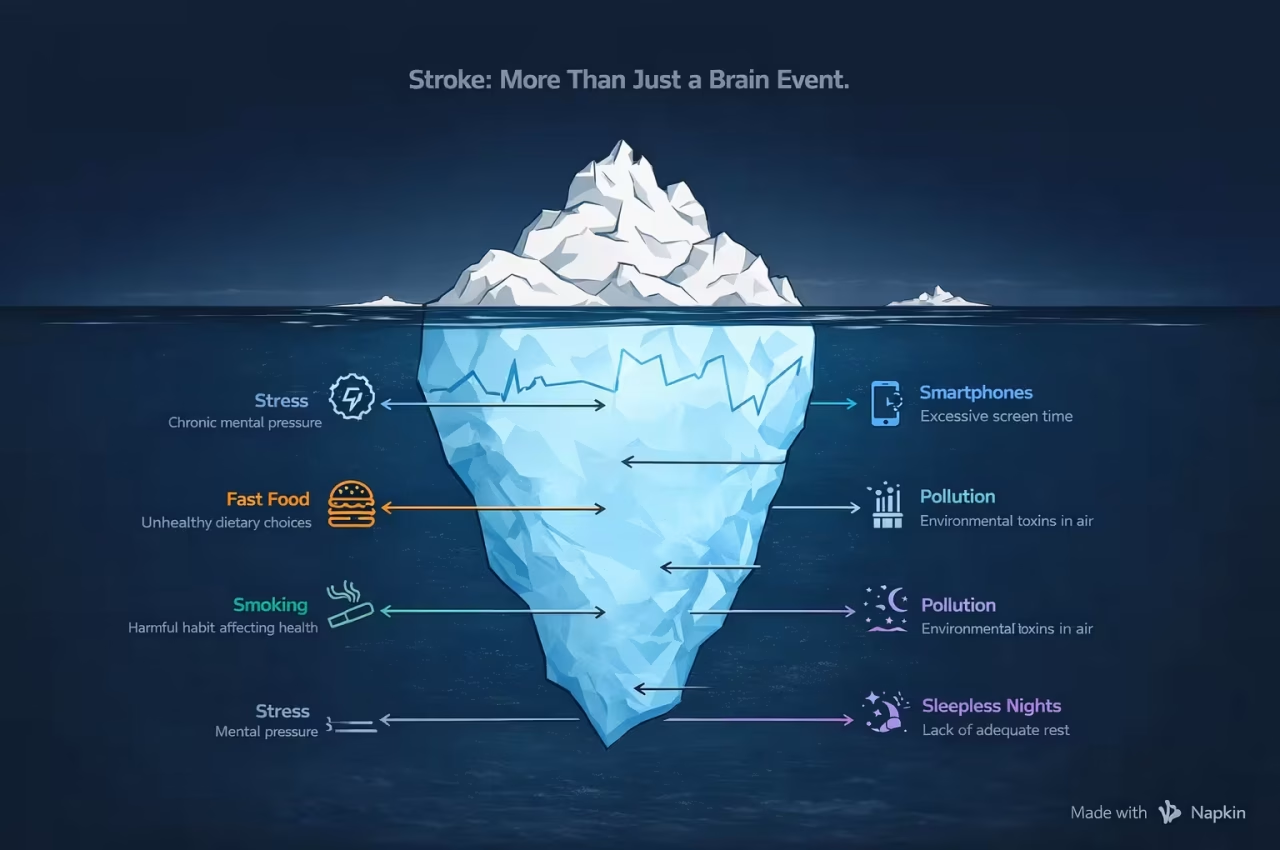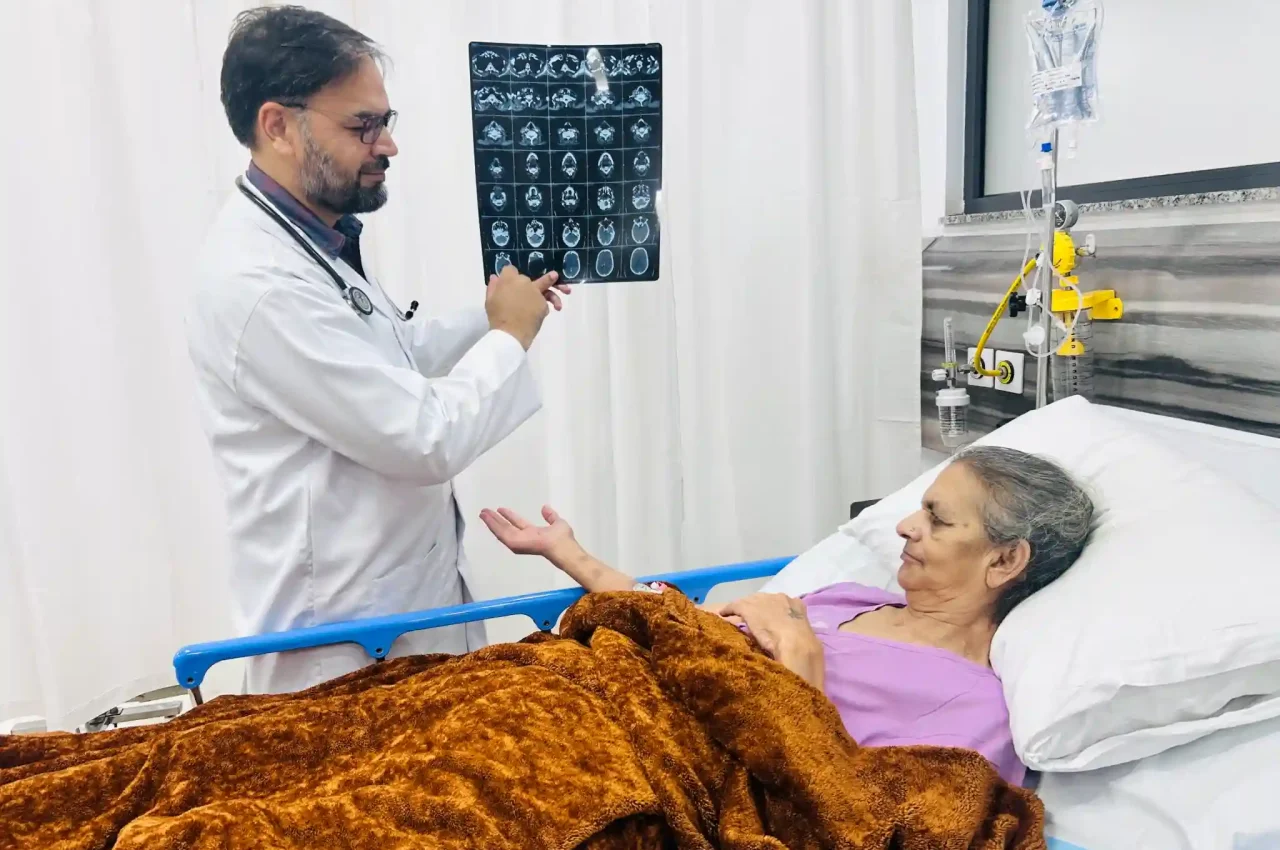What Is the Difference Between Alzheimer’s and Dementia?
Dementia is a general term for a decline in mental ability that interferes with daily life. Alzheimer’s disease is the most common form of dementia, accounting for over 60% of cases.
Both conditions affect memory, language, thinking, and behavior—but they progress differently. That’s why early evaluation is critical to distinguish between types and initiate the right treatment plan.
At Dr. Anurag Lamba’s Neuro Clinic in Panchkula, we help families detect early symptoms and provide comprehensive care for all stages of dementia.
Early Signs of Alzheimer’s & Dementia You Shouldn’t Ignore
Memory lapses aren’t always age-related. Some early symptoms may include:
- Repeating the same questions or stories
- Getting confused about time or place
- Misplacing items and being unable to retrace steps
- Difficulty with everyday tasks (like managing money or cooking)
- Trouble finding the right words in conversation
- Personality or mood changes, including anxiety or suspicion
If these changes are affecting daily life, it’s time to seek neurological evaluation.
💡 Related Read: Panchkula Patient’s Guide to Checking Neurological Symptoms
Why Early Intervention Makes a Big Difference
Most families delay diagnosis thinking it’s “just forgetfulness.” But catching dementia early allows:
- Slower progression with medication
- Better planning for care and safety
- Time to address emotional needs and decisions
- Improved patient quality of life
- Education for caregivers on how to manage symptoms
At Dr. Lamba’s clinic, we provide memory assessments, neurological tests, and brain scans to confirm diagnosis at the earliest possible stage.
Diagnostic Tools We Use
- Neuropsychological Testing – to evaluate memory, reasoning, and speech
- MRI or CT Brain Imaging – to detect shrinkage or vascular damage
- Blood Work – to rule out reversible causes (e.g., vitamin B12 deficiency, thyroid issues)
- Clinical History + Observation – often vital to understanding changes over time
💡 Related Read: Concerned about nutrient-linked brain decline? See How Vitamin Deficiencies Impact Neurological Health
Medical Management of Dementia
While there’s no cure, treatment can slow symptoms and improve function.
Medications May Include:
- Cholinesterase inhibitors (Donepezil, Rivastigmine): Boost brain chemicals for memory
- Memantine: Regulates brain signals and helps with confusion
- Antidepressants or sleep aids if needed for mood or behavioral symptoms
Each plan is personalized based on the patient’s age, disease stage, and health profile.
Role of Family and Caregivers
Dementia doesn’t affect just one person—it affects the entire family. Emotional strain, burnout, and communication gaps are common.
We recommend:
- Creating daily routines
- Labeling common items and simplifying instructions
- Managing safety with home modifications
- Giving caregivers time off and emotional support
💡 Related Read: If you’re also managing epilepsy or complex conditions, see Managing Epilepsy: Medication, Lifestyle, and Counseling
Dementia Care Services at Dr. Anurag Lamba’s Clinic
We offer:
✔ Detailed memory and neurological evaluations
✔ Guidance on medications, nutrition, and home safety
✔ Referrals for speech and occupational therapy
✔ Family education and long-term care planning
✔ Compassionate care for elderly and vulnerable patients
If you’re worried about your loved one—or yourself—reach out today. Early steps lead to better outcomes.
📍 Clinic Location: Panchkula, Haryana
📞 Call Us: +91 9780355355
📅 Book Appointment with Dr. Anurag Lamba
FAQ: Alzheimer’s & Dementia Care
1. How is Alzheimer’s different from normal aging?
Alzheimer’s involves progressive memory and behavior changes that interfere with everyday life. Normal aging may include mild forgetfulness, but function remains intact.
2. Can dementia be reversed?
Some conditions (like B12 deficiency or thyroid problems) can mimic dementia and are reversible. Alzheimer’s is not reversible, but early treatment slows its course.
3. When should I take a parent or relative for memory testing?
If they frequently forget names, appointments, directions, or show personality changes, consult a neurologist.
4. Can lifestyle changes help in dementia?
Yes. A healthy diet, mental stimulation, physical activity, and social interaction may slow progression.
